Thailand has long been a paradise for travelers, and now, with its welcoming approach to remote work, it’s solidifying its status as a top destination for digital nomads. The blend of vibrant culture, stunning landscapes, and affordable living is more accessible than ever. If you’re dreaming of swapping your office for a beachfront bungalow, this guide Onward Free will walk you through the requirements for the Thailand digital nomad visa.
What Is the Thailand Digital Nomad Visa?
While Thailand doesn’t have a visa explicitly named the “Digital Nomad Visa,” they have introduced the Destination Thailand Visa (DTV). Launched in 2024, this new visa is perfectly suited for remote workers, freelancers, and other professionals who want to reside in Thailand long-term while working for companies or clients outside the country.
The DTV is a multiple-entry visa valid for five years. It allows you to stay in the country for up to 180 days (about six months) per entry. You can also apply for a one-time extension of another 180 days, allowing for a continuous stay of nearly a year before you need to exit and re-enter.
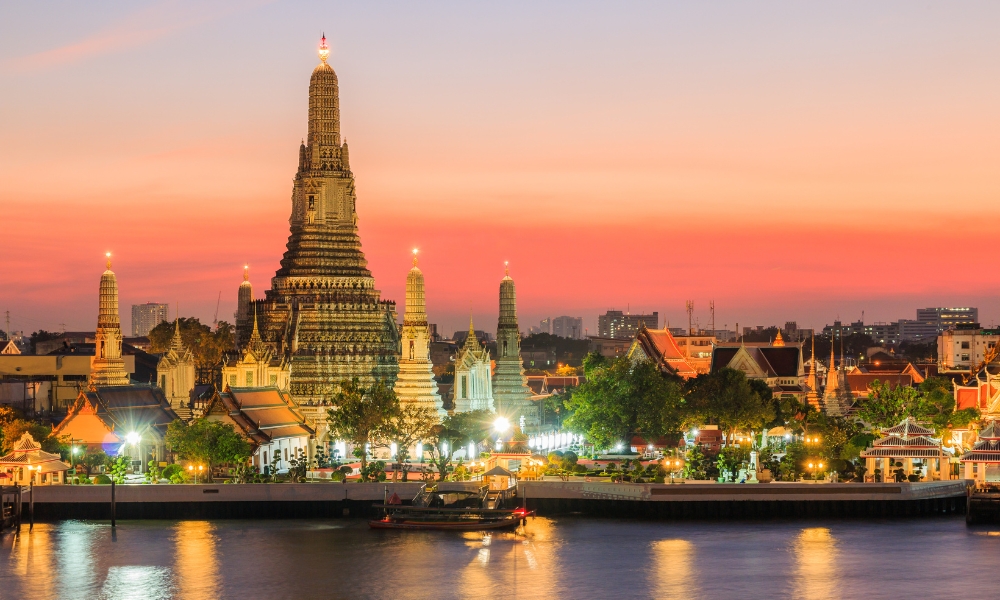
The Destination Thailand Visa (DTV) Requirements
To successfully apply for the DTV, you’ll need to meet several key criteria, ranging from age and financial stability to proof of remote work. The Thai government has designed these requirements to ensure that applicants can support themselves during their stay and are genuinely working remotely for foreign entities.
Age Requirement
Applicants for the Destination Thailand Visa must be at least 20 years old.
Employment or Freelance Status
You must prove that you have a stable source of income from outside of Thailand. The documentation required will depend on your work situation:
- Remote Employees: You’ll need an employment contract or a certificate from your employer confirming your remote work status.
- Business Owners: Provide your company’s registration documents.
- Freelancers: A professional portfolio, client contracts, or other evidence of your ongoing work is required.
Financial Requirements
Applicants must demonstrate financial stability. This is one of the most crucial requirements. You will need to provide proof of a bank account balance of at least 500,000 Thai Baht (approximately $14,000 USD). This balance must have been maintained for a consistent period, typically the last three months, leading up to your application.
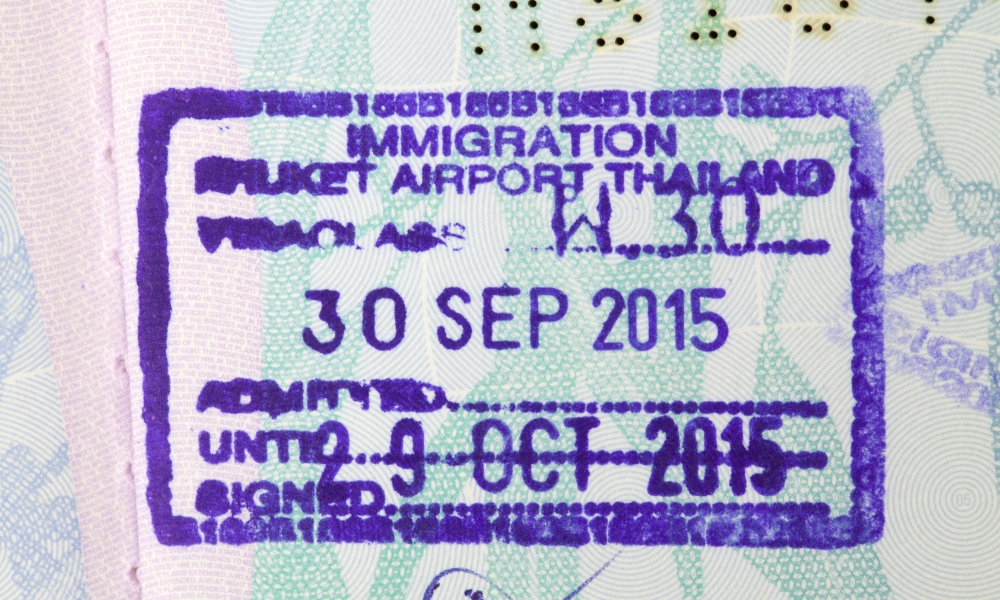
Documentation
A complete application requires a set of standard travel and personal documents, and it’s crucial to have them in order to avoid delays.
- A valid passport: Your passport must be valid for at least six months beyond your intended entry date into Thailand and contain at least two blank pages for visa stamps.
- A recent passport-sized photograph: The photo should be taken within the last six months, typically with a white background, and meet standard passport photo specifications.
- A completed visa application form: This form can usually be downloaded from the website of the Thai embassy or consulate where you are applying or filled out online via the e-Visa portal. Ensure all information is accurate and matches your other documents.
- Proof of your current address: This can be a recent utility bill, a bank statement with your address, or a copy of your current lease agreement.
- Comprehensive health insurance: You must have a health insurance policy that provides coverage in Thailand for the duration of your stay. While specific coverage amounts can vary, it’s wise to have a policy that covers both outpatient and inpatient medical expenses
How to Apply for the Thailand Digital Nomad Visa
The application process is designed to be straightforward. Here’s a step-by-step guide to get you started.
Step 1: Gather Required Documents
Before starting your application, collect all the necessary paperwork. This includes your passport, photos, financial statements, proof of employment, and health insurance policy. Double-check that everything is up-to-date and meets the specific requirements.
Step 2: Submit Your Application
You can apply for the DTV in one of two ways:
- Online: Through the official Thai e-Visa platform. This is the most convenient method for most applicants.
- In-Person: At a Royal Thai Embassy or Consulate in your home country or a country where you have legal residence.
The visa application fee is approximately 10,000 THB (around $285 USD), though this can vary slightly depending on the embassy or consulate.
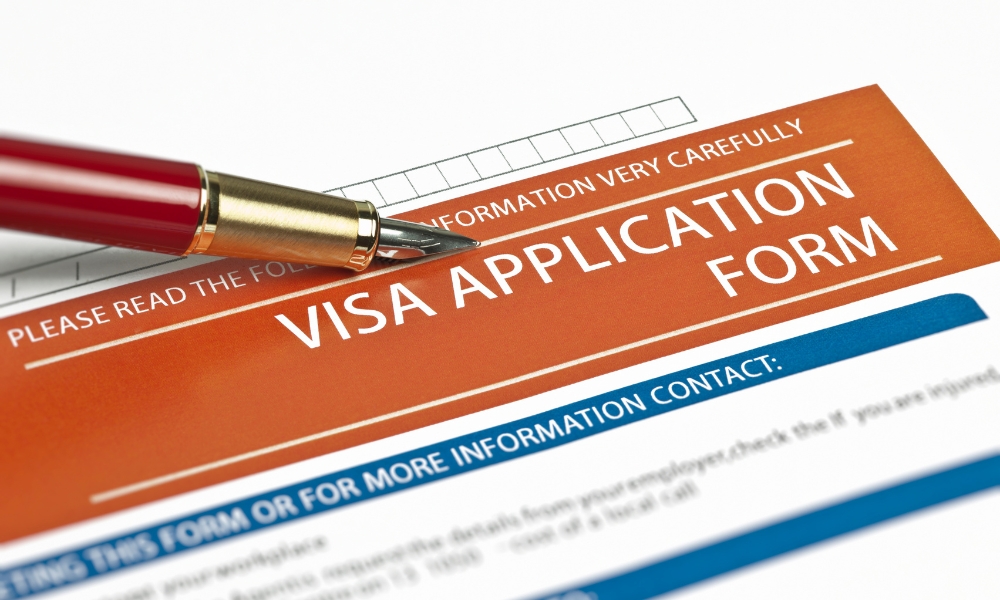
Step 3: Attend an Interview or Provide Biometrics (If Required)
In some cases, you may be asked to attend an in-person interview or provide biometric data. If this is required, the embassy will provide you with instructions on how to proceed.
Step 4: Await Approval and Visa Issuance
Processing times can vary, but you can generally expect a decision within 4 to 8 weeks. Once approved, the visa will be issued electronically or stamped in your passport, and you’ll be ready to begin your adventure in the Land of Smiles.
Costs Associated with the Thailand Digital Nomad Visa
Beyond the cost of living, there are a few specific fees and expenses to budget for when applying for and maintaining the DTV:
- Visa Application Fee: The standard fee for the DTV application is 10,000 THB (approximately $285 USD). This is a one-time fee paid during the application process.
- Health Insurance: The cost of comprehensive health insurance can vary widely based on your age, coverage level, and provider. Expect to budget anywhere from $300 to $1,500 USD per year.
- Visa Extension Fee: If you choose to extend your 180-day stay for an additional 180 days, you will need to pay an extension fee of 1,900 THB (about $55 USD) at a local Thai immigration office.
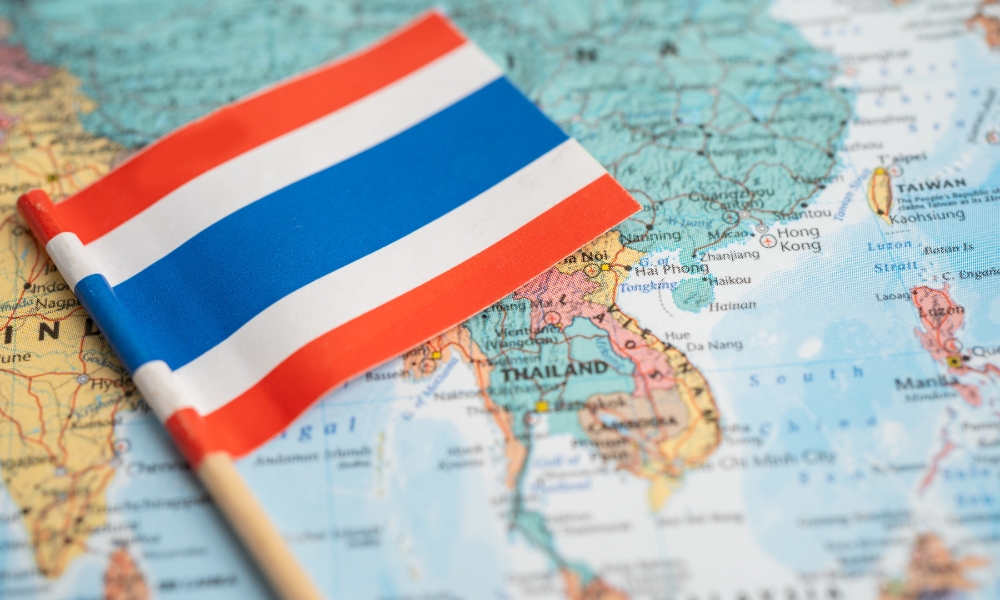
Tips for Digital Nomads in Thailand
Once your visa is secured, here are a few tips to help you settle in and make the most of your time in Thailand.
Average Cost of Living in Thailand
Thailand is renowned for its affordability, allowing for a comfortable lifestyle at a fraction of the cost found in many Western countries. Below is a breakdown of typical expenses you can expect.
| Category | Item | Cost (THB) | Cost (USD) |
| Accommodation | Rent (1-BR Apt, Monthly) | 8,000 – 25,000 | $220 – $685 |
| Hotel (Nightly) | 800 – 2,000 | $22 – $55 | |
| Hostel/Guesthouse (Nightly) | 300 – 800 | $8 – $22 | |
| Food | Street Food Meal | 40 – 100 | $1.10 – $2.75 |
| Restaurant Meal (Local) | 100 – 250 | $2.75 – $7 | |
| Groceries (Monthly, 1 person) | 4,000 – 7,000 | $110 – $190 | |
| Transportation | Metro/Skytrain (Per Trip) | 15 – 60 | $0.40 – $1.65 |
| Local Bus (Per Trip) | 8 – 30 | $0.20 – $0.80 | |
| Taxi (Avg. City Trip) | 80 – 200 | $2.20 – $5.50 | |
| Scooter Rental (Monthly) | 3,000 – 5,000 | $82 – $137 | |
| Leisure & Utilities | Coworking Space (Monthly) | 2,500 – 5,000 | $68 – $137 |
| Fitness Club (Monthly) | 1,000 – 2,500 | $27 – $68 | |
| Thai Massage (1 Hour) | 250 – 500 | $7 – $14 | |
| Phone & Data Plan (Monthly) | 300 – 600 | $8 – $16 |
Costs are estimates and can vary significantly based on the city, lifestyle, and personal spending habits. Costs are generally lowest in the north (like Chiang Mai) and highest on popular southern islands (like Phuket).
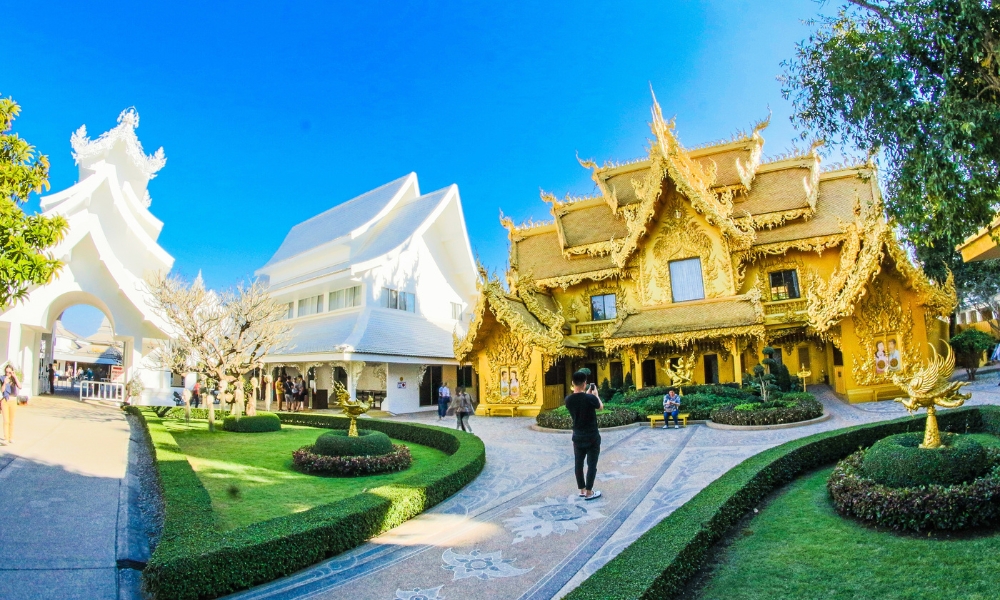
Tax Implications for Digital Nomads in Thailand
Thailand’s tax laws are an important consideration. You become a tax resident if you stay in the country for 180 days or more in a calendar year. As a tax resident, any foreign income you bring into Thailand could be subject to Thai income tax. It’s highly recommended to consult with a tax professional who specializes in international tax law to ensure you remain compliant.
Best Cities in Thailand for Digital Nomads
Thailand offers a diverse range of environments to suit any preference:
- Chiang Mai: The unofficial capital for digital nomads, known for its low cost of living, strong community, and mountainous scenery.
- Bangkok: A bustling metropolis with world-class coworking spaces, incredible food, and endless entertainment options.
- Phuket & Koh Samui: Famous islands that offer a perfect balance of work and beach life, with stunning scenery and a more relaxed pace.
- Koh Phangan: Known for its wellness and spiritual scene, offering a laid-back, bohemian vibe ideal for creative professionals.
Conclusion
Destination Thailand Visa has opened the door for digital nomads to legally live and work in one of the world’s most captivating countries. By understanding the requirements and preparing your documents carefully, you can make your dream of working from paradise a reality.
As you plan your journey, remember to have all your travel logistics in order. Services like Onward Free can provide you with a valid flight reservation, a common requirement for entering many countries, ensuring your travel is as smooth and stress-free as possible.

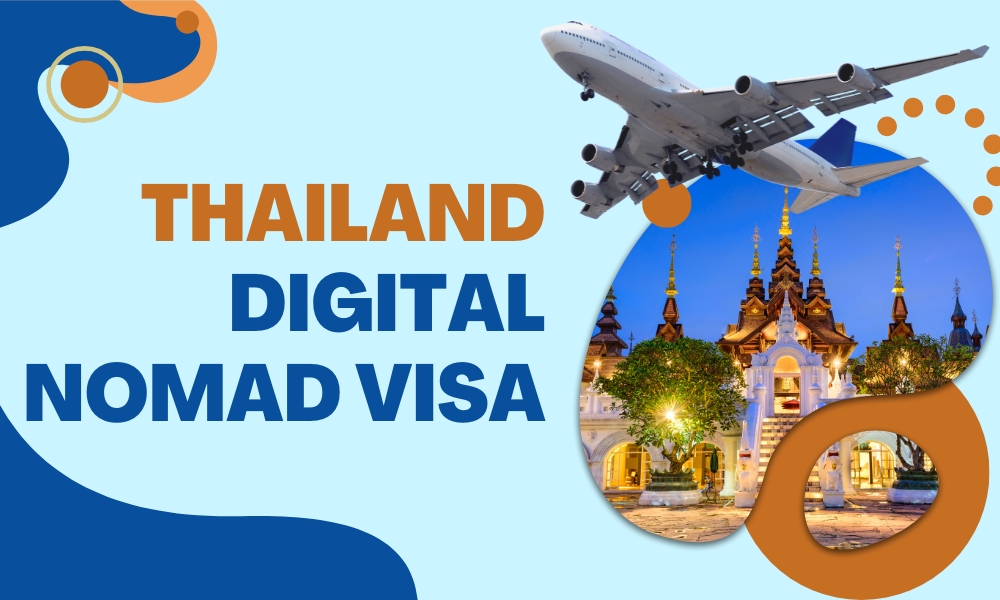



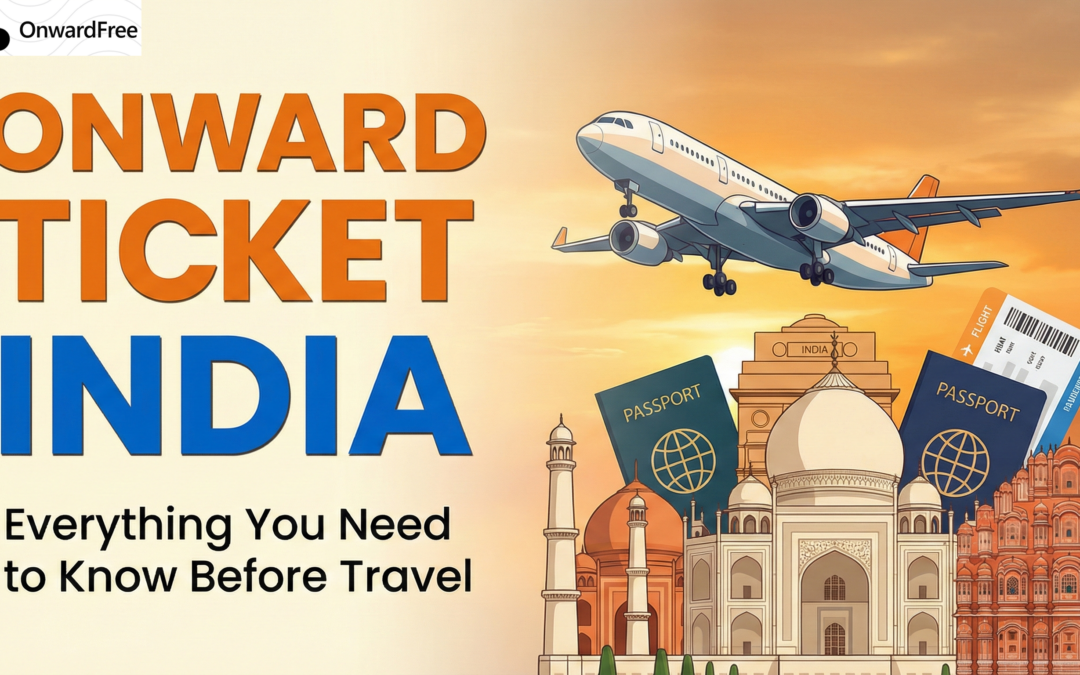
0 Comments